Last Updated on July 26, 2021

READ PART 1 OF THIS INTERVIEW HERE
The Platinum Dunes guys know exactly what you think of them. Since bursting onto the genre scene in 2003 with their revamped TEXAS CHAINSAW MASSACRE, the production company has released six other films; three were remakes of horror classics – AMITYVILLE HORROR, THE HITCHER, FRIDAY THE 13TH – and a fourth was a tepid prequel to TEXAS CHAINSAW. As horror lovers themselves, they feel they’re pretty in tune with the genre they work in, and the fans who hold these movies dear to their hearts. They also read the internet, and are acutely aware of the harsh words spit their way. Each time a new title is announced, they incur more wrath from the very film geeks they hope to satisfy…
With A NIGHTMARE ON ELM STREET, Platinum Dunes honchos Brad Fuller and Andrew Form put themselves in the public square once again, ready for the sticks and stones. They’ve updated notable titles before, but NIGHTMARE is something a little different, and its main antagonist – one Freddy Krueger – is a genuinely iconic film character (played memorably in eight films by the same man, Robert Englund).
While on the Illinois set of NIGHTMARE, the two producers sat down with myself and my journalist pals for an in-depth interview, all of us eager to talk about this new Elm Street: How is this film different from their others? What’s their relationship like with Wes Craven? And perhaps most importantly, how have they altered our beloved Freddy?

Sam Bayer, Andrew Form, Jackie Earle Haley, Brad Fuller
READ PART ONE RIGHT HERE!
Can you talk a little bit about the casting of Jackie. I remember there were a lot of rumors that he was going to be cast and then a lot of denials and then it ends up he is Freddy. So, how did that all come together?
BF: I think for Drew, Michael, and I, he was the only guy ever…
AF: And Sam.
BF: I’m sorry and Sam. But even before Sam was involved, he was always the guy we wanted to play Freddy and I think that New Line knew it also. I think that they wanted him. But, no one wanted to make that decision just out of the box so early. As soon as we got the job we said this is the guy that we want. We probably shouldn’t have done that; we probably should have just kept quiet and looked around and saw what was out there. But, in our mind it’s not like Jackie was in first place and these two other guys in second and third, it was Jackie or there’s no movie in our mind. And New Line ultimately felt the same way. And I think Warner Bros. had Watchmen coming out and I think they wanted to see…
AF: And New Line had Little Children.
BF: New Line was certainly predisposed to him because he was amazing in that film. And I think when they saw him in Watchmen, too, that kind of sealed the deal. That character is pretty powerful.
So Robert Englund was never discussed?
BF: Never discussed for this movie.

Was it tough to get Jackie? Because the thing about coming onto a picture like this for an actor like Jackie is you’re looking at a character who will now be identified with you potentially forever, just like Robert Englund will always be Freddy Krueger. Was it tough to convince his or was he psyched from the start?
BF: From a creative standpoint, it was not tough. Making those kind of deals where a major actor is signing on to do multiple movies are never easy deals to make. So, the difficultly was more in terms of that more than, “How does Jackie Earle Haley feel about playing Freddy Krueger?” I think Jackie from the get go when Drew, Sam, and I sat down with him early on in the process and he was gung-ho. We met with him so early on, that for us that’s the reason he was the only guy for us.
AF: Before Watchmen came out, we sat down and met with him.
BF: But, you know how those negotiations go on and on and on. Those aren’t always about the creative. It’s always about the commitment that you’re talking about. I mean, I haven’t seen his contract, but I think there’s two or three, I think there’s two more after this one. That’s a hard deal to make. But fortunately he loves that character.
AF: He was psyched.
And how about for you guys, sort of just having Jackie Earle Haley that’s another level for you guys as far as actors. You’ve had good actors before, but Jackie’s, you know, he’s Oscar-nominated.
AF: You’ll see tonight, it’s amazing to watch him. It seems to happen on our movies a lot where you think “he’s the guy” and then finally when he comes out in the make-up and you see him down there and he’s doing his lines, you can’t believe that he’s the guy. Like, wow. I mean, even Derek Mears in Friday the 13th for us. When we first met Derek, we thought he’s going to be an amazing Jason, but for us, we couldn’t believe how good he was and how amazing he was to work with and what he did with that movie for us. It’s very similar in this.
BF: Well, even more so with this movie. Because of the pedigree of this film and where it lies in the horror world, I think that across the board we were looking to have the best possible actors that we could find. I think about a guy named Clancy Brown, who you know worked two weeks in the movie, we’ve never been able to do that in any of our other films or have the option to do that or Connie Britton… you know we really wanted, because of what this movie is we wanted to cast it up as much as we could and getting Jackie in first opened up every door to get everyone else. If we wouldn’t have gotten someone like Jackie, the rest of the cast would have been different. Without giving too much away, there are actors in our cast here who passed before Jackie and became interested after Jackie.
With regard to the dreams, you talked about wanting a visual director. The first film, the dreams tend to be a little more strict horror; when you get into the third film, they’re still scary but there’s a higher concept, there’s playfulness there; by the later films they’re sort of Loony Toons. Can you talk about sort of using that as a point of reference what the tone of the dream sequences are?

BF: I think that our dreams are much closer to the first film than anything else. Again, you saw these sets and they’re dark and they’re dreary and there’s not a sense of wonder or fun in any way shape or form. That’s not the movie Sam wanted to tell, that’s not what we wanted and that’s not what New Line was looking for. So, these nightmares are truly nightmares and that’s one of the things that Sam is so great about. We all have nightmares but it’s a difficult thing to communicate what they feel like and I think that that’s what Sam is really doing an amazing job with is, when I’m watching it, I’ve had nightmares that feel this horrible and he’s bringing that to film, which is a really hard thing to do.
How much did you pre-viz? How much did you storyboard?
AF: Well, storyboard a lot. A couple sequences were pre-vizzed on this, which we really haven’t done in the past. But, I think it had to be on this one because it was some really hard stuff to do.
BF: Technically some very tough stuff to do.
Like what?
BF: Some motion capture stuff.
AF: Motion control. Going from one environment to another in a seamless way; all those seamless transitions from reality to dream where no one knows where you are had to be thought out.
To what extent do you sort of, when you’re dealing with dream sequence, reverse engineer from a script perspective. Like, do you sit around and have a conversation and say, “these are things that people dream and have nightmares about, how do we make a sequence out of it” or do you say, “this is where the story takes us, how do we make a dream out of it?”
BF: Unfortunately, the writers aren’t here to answer that question. But, it was not reverse engineered; it was all based in the story. And, a lot of it’s in the original.
Did the opening weekend of Friday change this film maybe in budget or creative freedom or what you were going to do or anything like that?
BF: No, it didn’t. Wish it had. (laughs)
I hate to bring this up, but it has to be addressed because Wes is coming out the press this week talking about it now. Can you get down to the meat and potatoes of why he can’t be approached about it or why he wasn’t approached about it?
BF: Well, first of all, keep in mind – and I’m not abdicating responsibility – but in terms of timeline of everything, we came on the movie after they had already developed a script and had already done other deals, and New Line can speak to that certainly why or why not in terms of a budget matter. I can’t speak to because I don’t know what the deal is there. When we came on to the movie it was already established that he was not going to have anything to do with it. I’m not claiming ignorance. I don’t know, I don’t know if New Line went to him and they couldn’t come to an agreement or…I don’t know what happened there. I can certainly empathize with the fact that this is something he created, and has nothing to do with it and that’s not something that we feel good about. As producers and horror fans, Wes Craven is one of our heroes in the respect that he’s made movies that we all love, and love to make movies that are similar to those. Sometimes it works well in these instances; we had a great relationship with Sean Cunningham, I mean it was like seamless and that was great. With Wes we never had an opportunity to have that, I mean, I’ve never had a conversation with him on the phone.

Another thing I wanted to talk about with Nightmare is how big a part does Nancy have in this. Because I’ve been seeing Kris brought up a lot and you mentioned Kris is kind of the Tina role and Tina doesn’t last that long in the original so whose got more time in this? And does Nancy have the same arc?
BF: Nancy has a similar arc. Nancy’s Nancy and Kris is Tina. But, Kris has a lot more to do than Tina did. But Nancy goes…she’s there till the bitter end.
Is she goth?
BF: No, she’s not goth. Okay, let’s get rid…there’s no podcast in the story, she’s not goth. What were the other rumors? Listen, scripts get out there. That was a very early draft of the script. I think three other writers came on since that script.
Can you talk about who the other writers are?
BF: Can I, I don’t know? Yeah, Eric Heisserer. Jacob Estes too.
You guys never worked with Wesley Strick?
BF: We did not, that was before we were involved in the movie.
AF: He was off the movie when we came on.
BF: That was when all the untoward things happened with Wes Craven and Wesley Strick, so we have plausible deniability. (laughs)
How much of a difference has it been from your standpoint as dealing with a film with an antagonist that talks, number one. Number two, one that has a supernatural element to it where previous films you’ve been working on are big bad guys.
BF: Well, you know what, it’s interesting because we’ve never, as you say, had an actor like Jackie Earle Haley play our bad guys and that, in itself, has been quite a…
AF: Our villains don’t talk.
BF: Most of them don’t talk. Good point. Yes. That’s true. It’s hard. It’s definitely harder. You have to scrutinize not just what he says, but how he says it, because it’s one thing for Derek Mears just to look like a badass and run, it’s another thing you have to look like a badass, run and say something that is really unsettling. It’s just another dimension to the bad guy that you don’t want to screw up.
What made Samuel the right director for this? How does his visual palette compare to the looks that you guys have already used?
BF: We have pursued Sam Bayer forever.
AF: We offered him “Amityville Horror,” that far back.
BF: And we offered him this and he passed. And then we offered it to him again and then he passed and then we sat down with Michael [Bay] and we talked about it and Michael… Michael said to me and Drew, “I want to reach out to Sam Bayer,” which usually doesn’t happen. Bay, usually, he’ll listen to what we wanna do and he’ll let us pursue it and he reached out to Sam and he and Sam, they had a conversation or some kind of exchange where I think Michael made a very intelligent reason for Sam to do this movie and get behind it and literally as soon as that happened, Sam got on-board and it comes back to the fact that his work is visually astonishing and it’s varied and he has a handle on the technical aspects of making these dreams work and he cares a tremendous amount about performance and he’s a true artist in every sense of the word.
AF: But I mean a true artist. He’s a painter, a photographer. He does it all. We have a map in this movie that is the Nightmare Map that’s created, that Sam was out there painting on. It’s pretty amazing stuff that he brings to this film.
BF: It’s the look, but also you need a director who can really talk to the actors. You guys will see, the stuff we were doing didn’t require anything, but there’ll be some stuff while you guys are here that… He really has to direct, as opposed to saying to someone – I’m not taking a run at Marcus or any of the other guys we’ve worked with, but a lot of that was “Run from here to here and let’s make sure that we’ve got the shot and make sure that the jump works.” This is a much more nuanced directing job and we always felt that Sam had the ability to get that done.
Has Michael Bay always had the same level of involvement, or has he let you take the reins more?
BF: Well, Michael’s level of involvement – the answer is yes. He has let us, I think at this point he kind of has the sense that I don’t think he worries necessarily that we’re not going to shoot the script, or that we’re going to do something crazy. He certainly still is involved in every step of the way; this particular movie has been a little bit more challenging to get in focus because Transformers 2 is opening and he like is in Korea today. He’s flying into town on Friday for the day, so we’ll have some time to sit down, but in a normal course of business, I talk to Michael every day. On this movie that hasn’t been the case just because of the release of his film, but if we were shooting this and Transformers 2 had already come out, I’d be talking to him every day about it. And part of it is that we’re all friends – Drew, Michael and I, well at least Michael and I were friends long before we started the company. So that’s part of it also.
What do you think the fans are going to squawk about on Nightmare?
BF: I think that the first thing they’re going to squawk about is that he’s not a child killer, and the problem for us with Freddy not being a child killer is, if Freddy’s killing kids, that’s on Google and that’s everywhere and you can’t tell our story. If everyone knows, there’s no mystery and there’s no story, so that’s the first thing. The second thing is, people who don’t know that Jackie Earle Haley was nominated for an Academy Award will think that we hired this character actor that no one’s ever heard of to play Freddy Krueger, and kids are going to say, “Well, who the hell is that guy?” I keep referring back to my son, because I’m old enough now that I’m no longer the audience, he’s the audience, and he has no idea who Jackie Earle Haley is. He didn’t get to see Breaking Away, he doesn’t know him… [Horsemen tangent] So it’s all going to be centered around Freddy Krueger, and everyone’s going to hate Freddy Krueger because he’s not Robert Englund, and especially fans are going to hate the fact that he’s not wise-cracking and doing that thing that they fell in love with him doing… That’s what we’re going to give ‘em, but I guarantee you that we’re going to take shit online. On all of your sites, 95% of the comments are going to be “they did it with the wrong guy, and the tone is wrong, and blah blah blah,” and I’m prepared. I’m a martyr. (laughs) Thank God I get to work…
A NIGHTMARE ON ELM STREET opens on APRIL 30, 2010


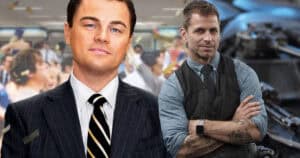



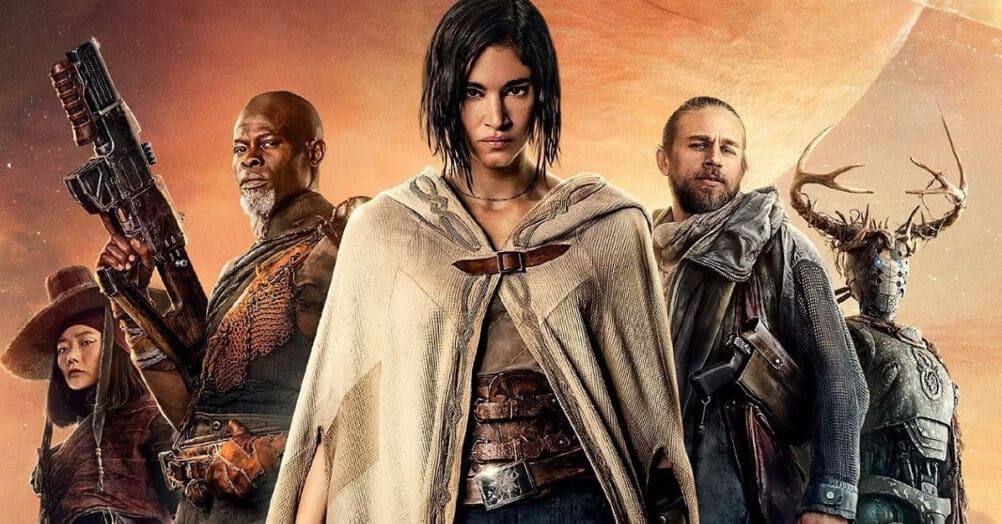
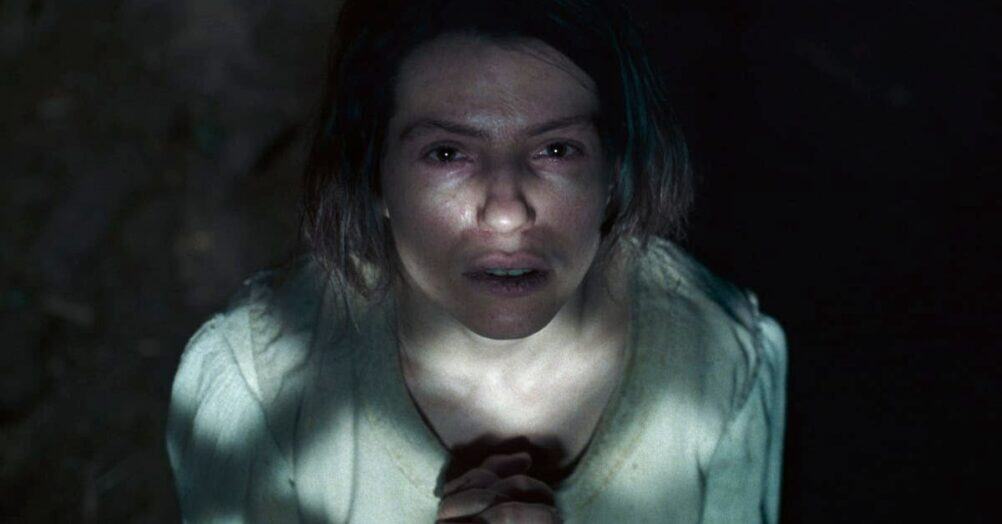
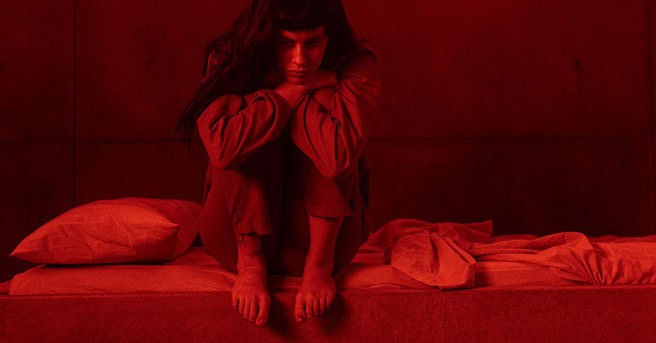
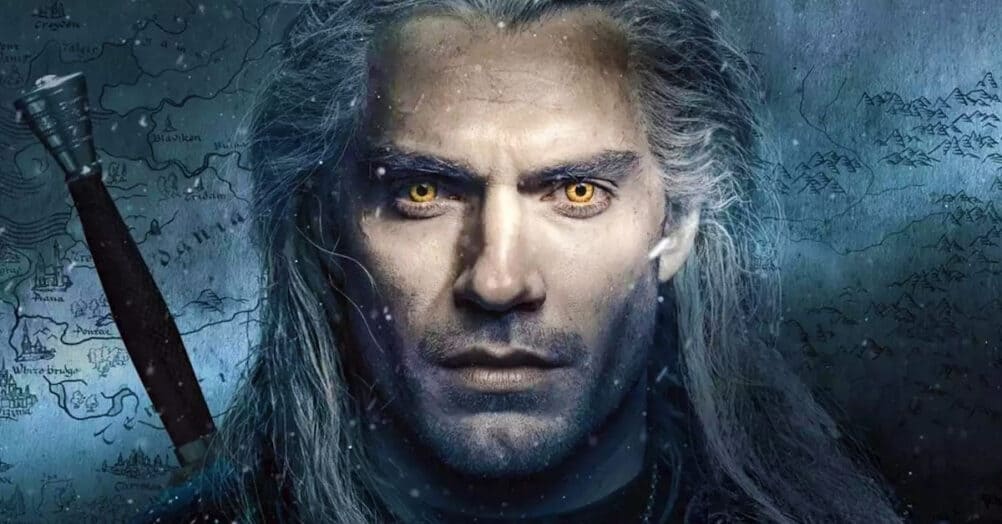
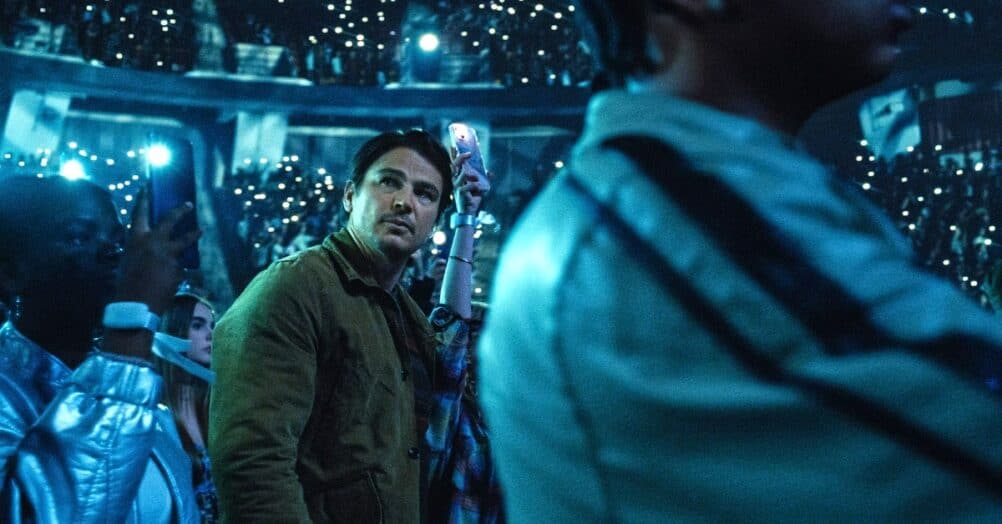
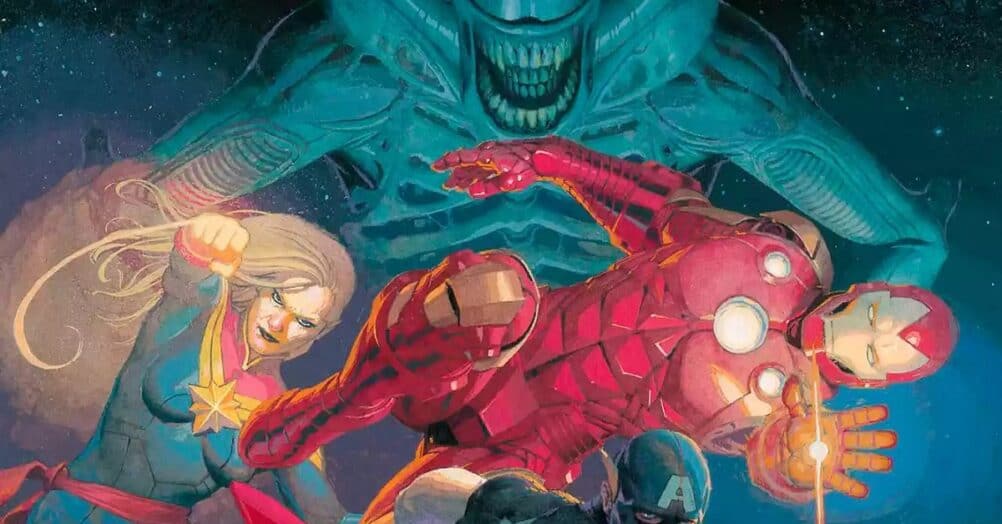
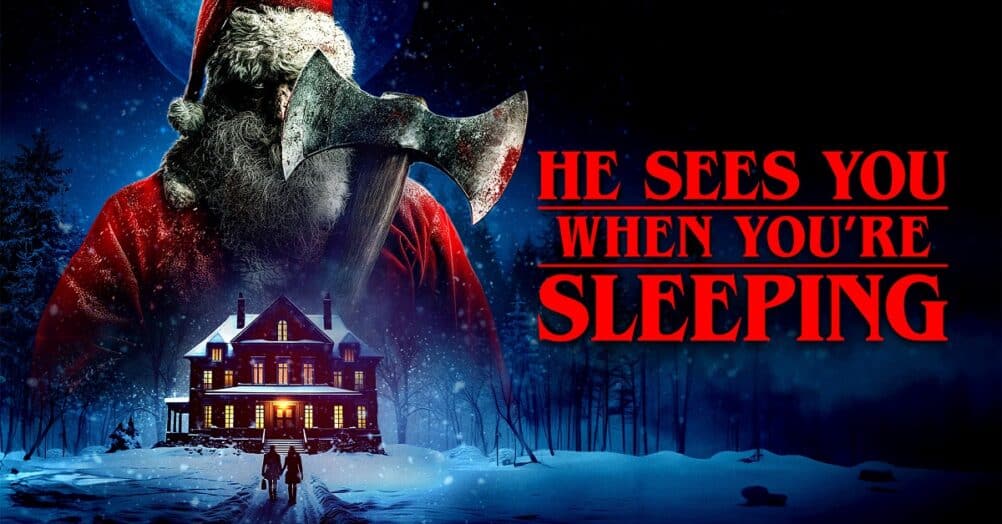
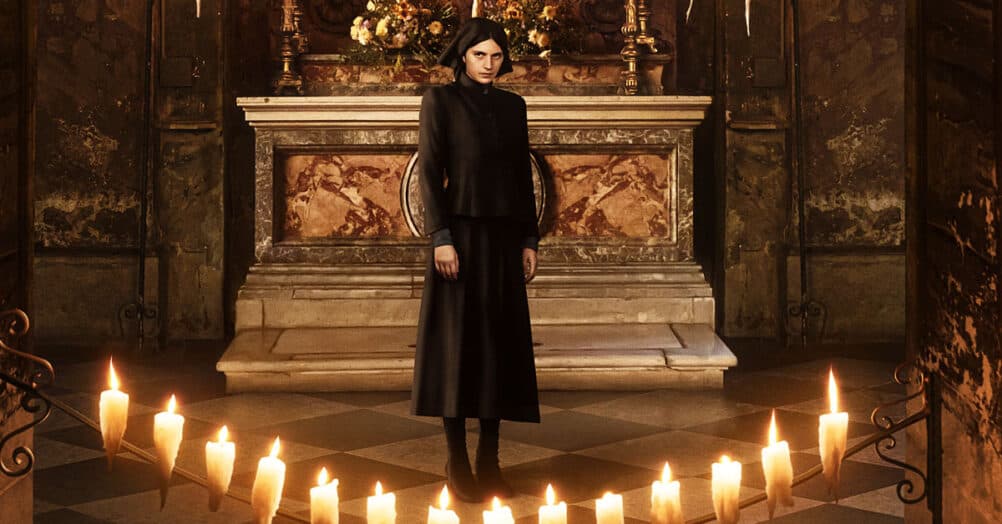
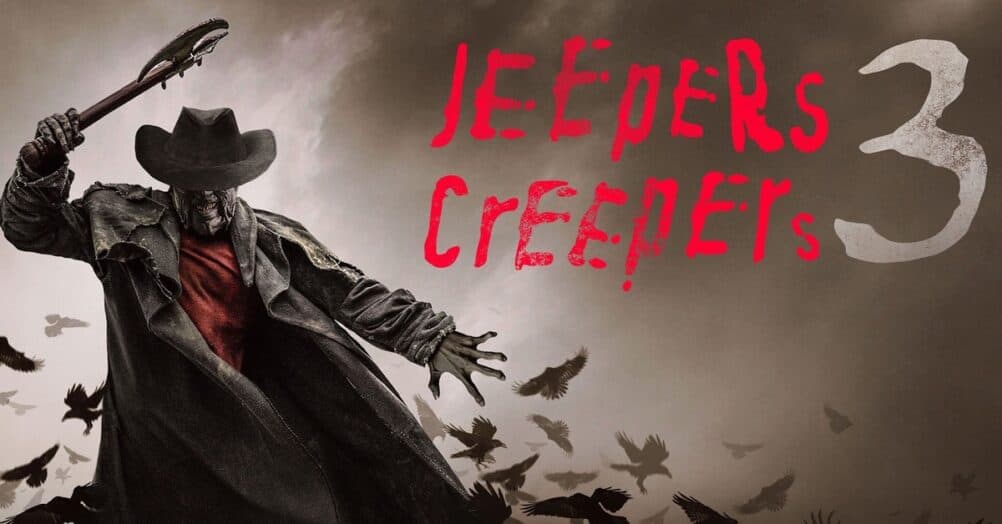
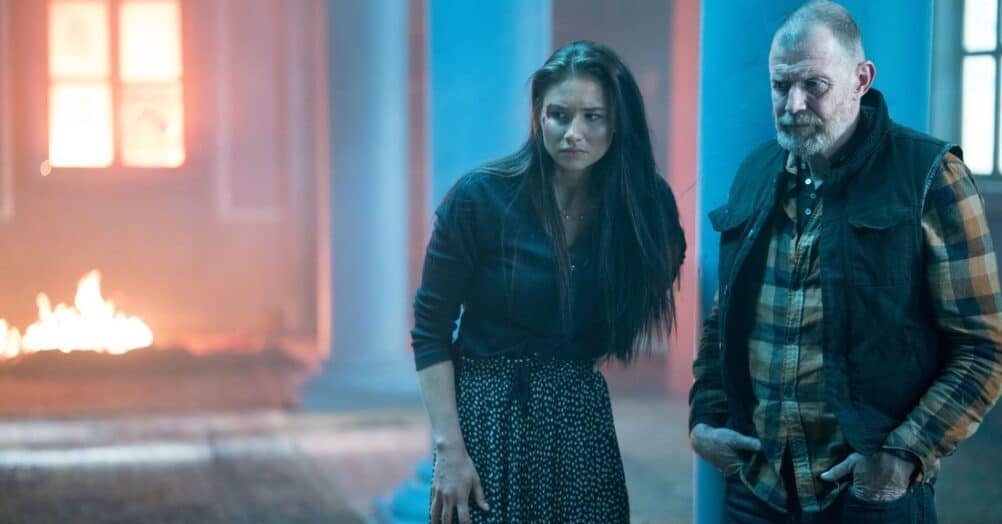
Follow the JOBLO MOVIE NETWORK
Follow us on YOUTUBE
Follow ARROW IN THE HEAD
Follow AITH on YOUTUBE